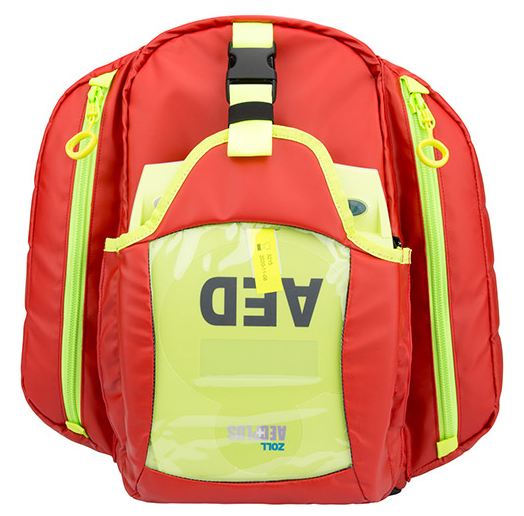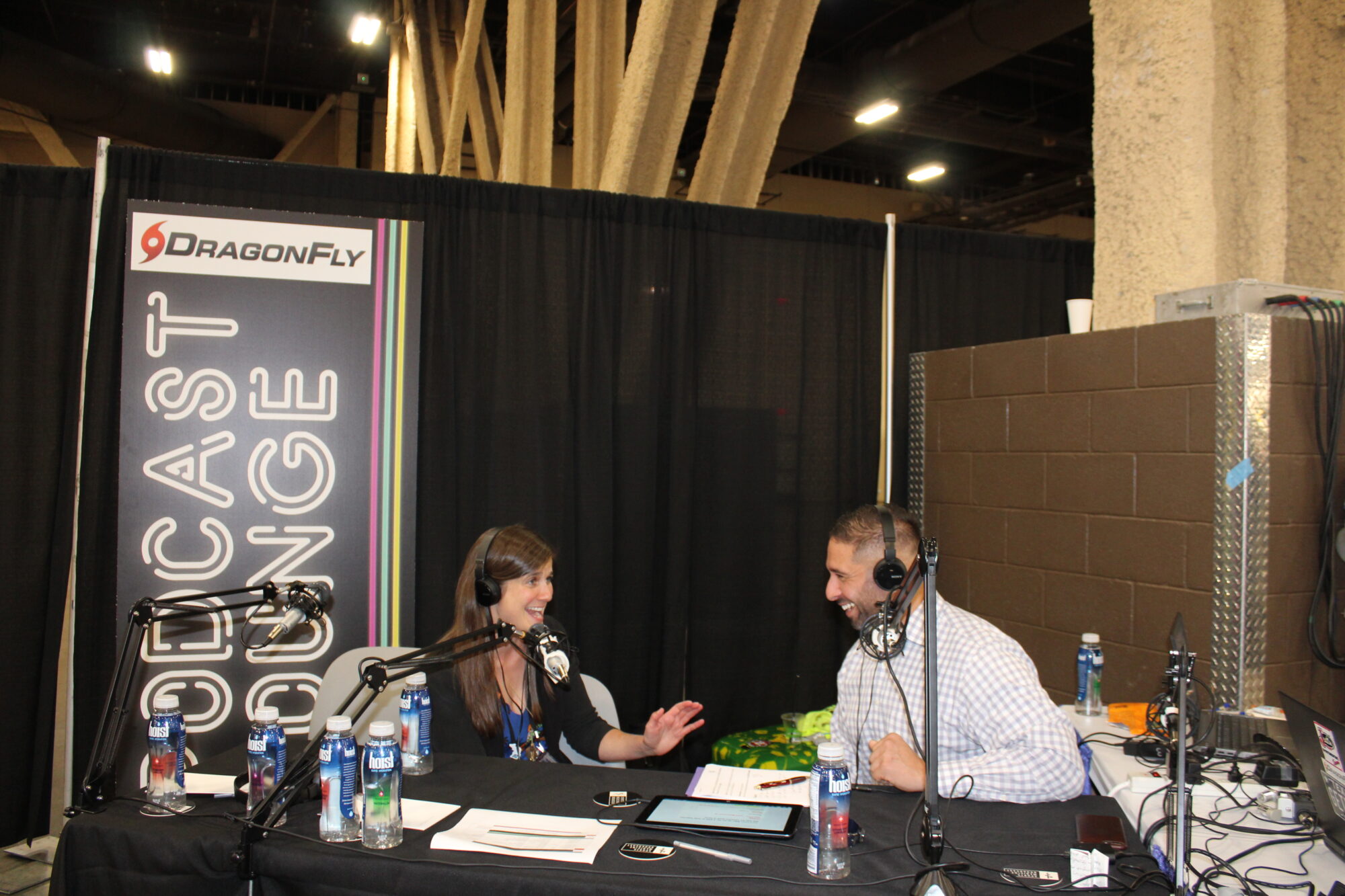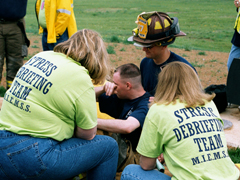Podcast: Play in new window | Download
Do You Have an Emergency Bag?
Is your Emergency bag packed and ready to go?
Is it easily identifiable?
Do your helpers know what to do if you say go get the emergency bag?
Have you checked with your local EMS about what might be good to add to your kit?

Experience Talks:
Perry and Bubba join the Sports Medicine Broadcast to share best practices in packing an emergency bag for the best opportunity at success.
If Perry only had one item to help in an emergency it would be a clean towel.
Some of the items they mentioned:
NasoPharyngeal Airway
Tourniquet
Shears
Penlight
Gloves
Gauze
CPR Mask
Magic marker –
T on head for tourniquet
Numbering system for accountability
Perry’s “Magic Towel”
Pulse ox – good for asthma kids in regular use
Flat and Phillips head screwdriver or Leatherman multi-tool
Small mirror
Hard candy for diabetic
Head lamp to replace pen light
Cynch-Lock Tamper Evident Seals
StatPacks has your covered
Use the Sports Medicine Broadcast discount code “SMB25” to purchase your bright red StatPacks
Get a hold of us:
Contact Perry
Tweet Bubba

